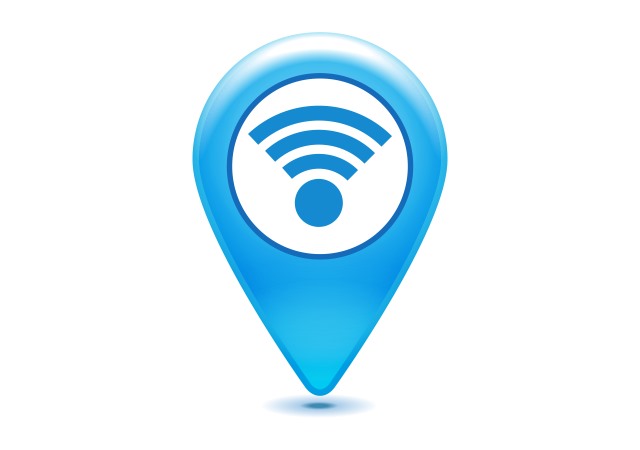Police could tap into router data to verify digital alibis

Law enforcement agencies are missing out on a vast amount of valuable data that could be used to convict criminals, or prove innocence. Dan Blackman from Edith Cowan University, Australia says that police are missing out on swathes of data that could be gathered from Wi-Fi devices.
For privacy advocates it's a suggestion that is likely to make the gag reflex kick in, but Blackman says that router data could be a valuable tool in fighting crime. Information such as device MAC addresses, coupled with data about connections to routers can be used to place individuals at the scene of a crime -- or away from it -- but timeliness is the key to success.
As well as attending university, Blackman also acts as a technical advisor to Western Australian police, and he says that router data could be even more useful than GPS data. But there's a problem. While routers represent a goldmine of information -- making it possible to prove when particular devices were connected -- limited memory on older devices means that this data does not stick around forever.
Blackman says:
These devices could hold a lot of information, but we're not capturing it. If we were to look at it from a purely legal perspective, we might be able to place a specific person at a specific location at a specific time, which is gold in terms of evidence for a court setting.
But not only is limited memory filled up quickly, valuable records are usually lost when routers are switched off -- and there is also the problem of data contamination if wireless devices held by crime investigators end up connecting to the network. Blackman suggests that a faraday bag could be used to cut off a router from interference until specialists have a chance to look at it.
Photo credit: sommthink / Shutterstock
